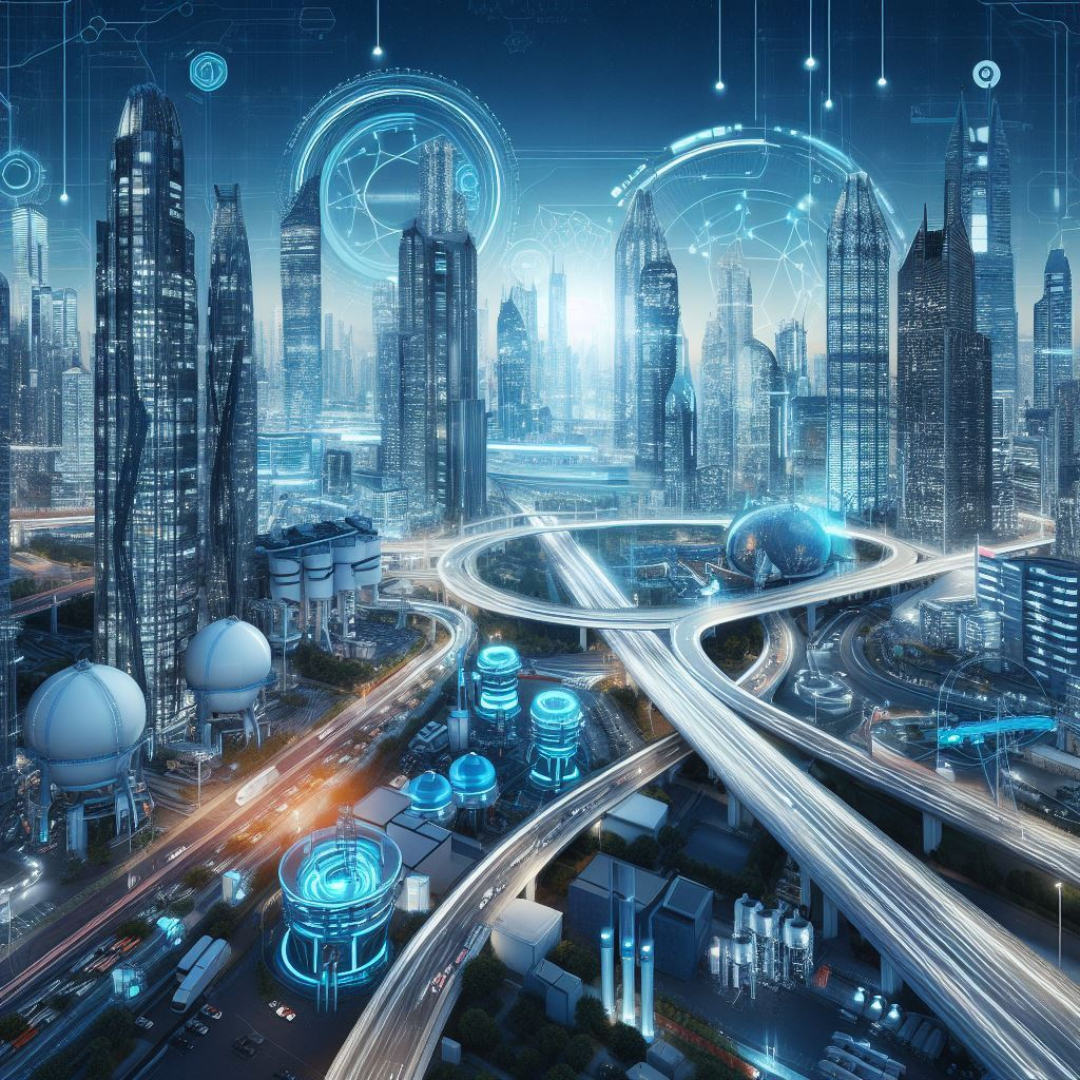President Biden announces a $7 billion program to advance hydrogen fuel projects across 16 states, which is a significant step toward achieving net-zero emissions by 2050.

President Biden announces a $7 billion program to advance hydrogen fuel projects across 16 states, which is a significant step toward achieving net-zero emissions by 2050.
President Joe Biden has unveiled a groundbreaking $7 billion initiative aimed at accelerating the development and production of hydrogen fuel, a critical element in his vision of achieving net-zero greenhouse gas emissions in the United States by 2050.
This ambitious plan involves establishing seven regional hubs, spanning across 16 states from California to Pennsylvania, to facilitate the transition from fossil fuels to cleaner-burning hydrogen for transportation, manufacturing, and electricity generation.
During the announcement at a cargo terminal in Philadelphia, President Biden emphasized the transformational impact of this initiative, projecting it to stimulate over $40 billion in private investments and generate tens of thousands of well-paying jobs, with a significant portion being union positions. He underscored that this initiative aligns with his broader agenda of fostering a more robust, energy-secure economy while combatting the existential threat of climate change.
“It’s all part of my plan to make things in America,” stated President Biden, reaffirming his commitment to domestic manufacturing.
The selected projects, spread across states like California, Washington, Minnesota, Texas, Pennsylvania, West Virginia, and Illinois, are set to revolutionize the energy landscape. While some critics argue that hydrogen projects may still rely on natural gas, energy companies assert that with proper technology to capture carbon dioxide emissions, this can be mitigated.
The program is a culmination of the infrastructure law signed by President Biden in 2021, which allocated substantial funding towards clean hydrogen development. The hydrogen fuel projects are expected to establish regional networks, uniting hydrogen producers, consumers, and infrastructure to hasten the adoption of this colorless, odorless gas already powering select vehicles and trains.
The Appalachian Regional Clean Hydrogen Hub in West Virginia and the Mid-Atlantic Clean Hydrogen Hub in Philadelphia are among the pivotal hubs selected. These hubs, together with others in New Jersey, Delaware, Ohio, and northern Pennsylvania, are poised to receive substantial federal funding.
Senator Joe Manchin of West Virginia hailed the Appalachian hub as a groundbreaking development, positioning West Virginia as a key player in the burgeoning hydrogen market. The hub’s innovative facility in northern Pennsylvania aims to produce near-zero emissions hydrogen from natural gas, marking a significant stride in reducing emissions from areas historically dominated by coal.
The Mid-Atlantic hub is set to leverage electrolysis, a process of splitting water molecules using renewable energy sources, such as wind, solar, and nuclear power, to produce hydrogen. This method holds the promise of a cleaner and sustainable source of energy.
The California-based Alliance for Renewable Clean Hydrogen Energy Systems will focus on producing hydrogen from renewable sources and biomass, presenting a blueprint for decarbonizing transportation and port operations. Similarly, the Gulf Coast Hydrogen Hub in Texas aims to be a major player in hydrogen production, utilizing both natural gas and renewables.
The Heartland hub in Minnesota, encompassing projects in North and South Dakota, will concentrate on decarbonizing agriculture and expanding clean hydrogen use in various applications. Additionally, it aims to incorporate tribal communities and local farmers in its equity ownership structure.
The Midwest hub, covering Illinois, Indiana, and Michigan, is set to deploy hydrogen in key industries like steel and glass production, power generation, transportation, and aviation fuel. It plans to draw energy from a mix of renewable sources, natural gas, and nuclear power.
The Pacific Northwest hub, centered in eastern Washington and extending to Oregon and Montana, will utilize hydropower and renewable resources to produce clean hydrogen.
While environmental groups express cautious optimism about these hubs, emphasizing the importance of robust regulations, they acknowledge that this initiative represents a significant step towards reducing emissions from high-intensity industries and unlocking new potential applications for hydrogen in various sectors.